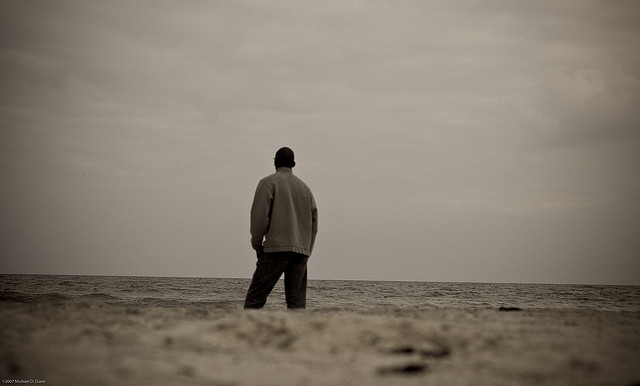When someone you love discloses they may be trapped in a sexual addiction, the sense of betrayal and grief feels overwhelming.
Nevertheless, it is important to remember two things:
1. The disease is not their fault.
2. They must take responsibility for their own healing.
Here is the paradox of recovery. We normally associate “cause and effect” with “responsibility.”
First, addiction is no one’s fault. It is a complex syndrome that involves three even more complex dynamics:
• Genetic vulnerability
• Defective neurochemistry, and
• Stress in the psychosocial environment
One individual has no control over any of these conditions. To assign blame for the psychosocial environment to any one person is absurd.
We are talking about the state of the international economy, the unemployment rate, the loss of a job, and the resulting anxiety that is unleashed in schools, shopping malls, highways, and neighborhoods. All these things and more release stress hormones and send waves of unsettling emotion within one person and accross one’s social network.
Genetic vulnerability, neurochemistry, and the psychosocial environment all contribute to the emergence of an addiction.
Though an addiction is no one’s fault, it is someone’s responsibility.
Only the addict can invest the time, attention, and commitment required to recover from this most debilitating of diseases. We may never unravel the complex set of circumstances that lead a person to become an addict, but this we do know:
• When the time is taken
• When the attention is given
• When the commitment is made
Recovery is possible.

